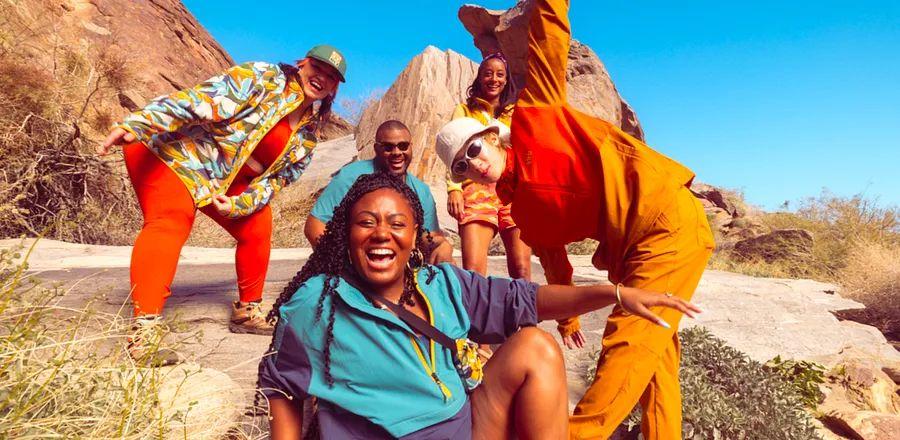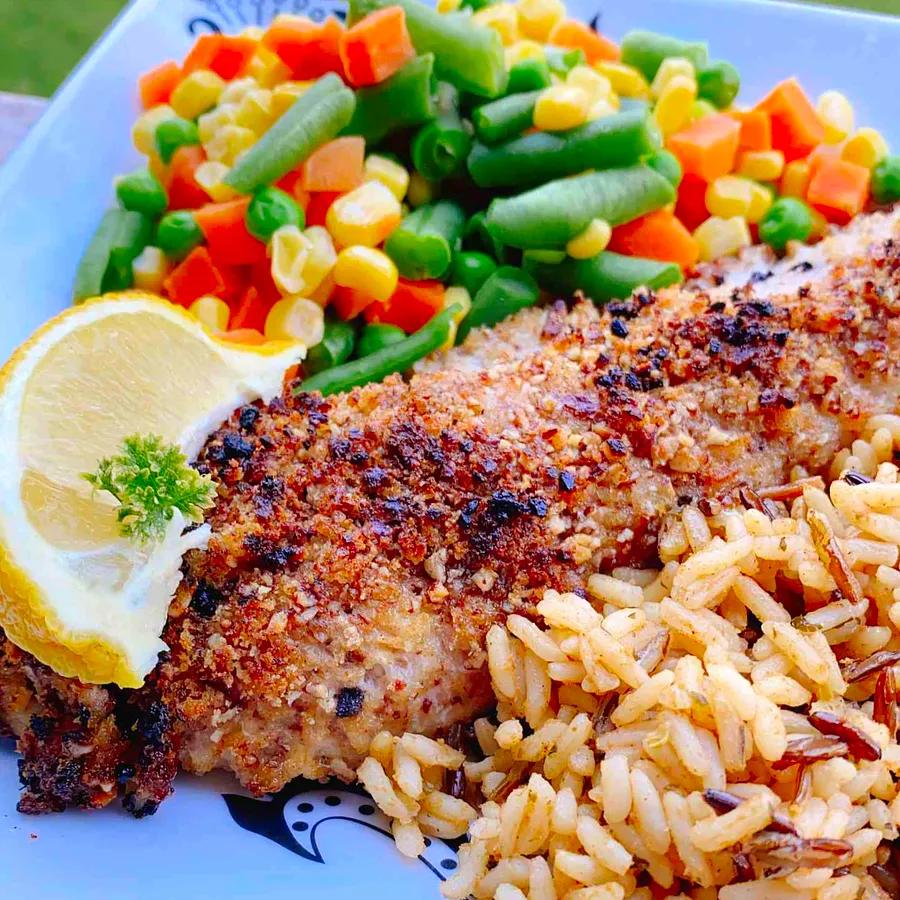How REI Is Enhancing Outdoor Accessibility for Individuals of All Sizes

REI Co-op has recently introduced revised guidelines that reflect the company's commitment to size inclusivity, marking a significant shift in gear availability for those with larger body types. Beyond its own offerings, the outdoor retailer implements its “Product Impact Standards” across the more than 1,400 brands it partners with, including prominent names like the North Face, Patagonia, and Cotopaxi.
The initial version of these standards, launched in 2018, prioritized sustainability, while the second version in 2020 emphasized diversity. The third iteration, introduced in February 2023, set forth expectations that expand on the foundational goal of improving size availability. While it doesn't mandate brands to offer extended sizes, it requires those that do to provide extended size samples for marketing photography, ensure promotional materials feature diverse sizes, and maintain consistent pricing across all sizes for any product.
The absence of inclusive sizing in outdoor gear has fostered a culture of exclusion and discrimination in outdoor activities for many years. Various brands have attempted to broaden their sizing options with mixed results due to superficial commitments, failure to involve actual larger-bodied participants in the process, limited in-store selections, and a lack of marketing support.
REI seeks to change this narrative and inspire the entire outdoor industry to follow suit. In 2022, the co-op, generating $3.7 billion in annual sales, began offering sizes up to 20 in its physical locations. As of this spring, all 181 stores will feature size 18 mannequins as part of an initiative to enhance the shopping experience for individuals who wear larger sizes. (Online, REI provides a broader array of sizes, including its Trailmade line, which goes up to size 26.)
Research indicates that over two-thirds of American women wear a size 14 or larger, and the plus-size clothing market is expected to reach $288 billion by 2023. Yet, the misconception that extended sizes don’t sell persists. REI’s Product Impact Standards, developed from insights gathered from retail partners, customer feedback, and community organizations like Unlikely Hikers and All Bodies on Bikes, strive to go “beyond the foundational requirement of improving size availability,” according to Nani Vishwanath, REI’s senior program manager for racial equity, diversity, and inclusion innovation.
This comprehensive approach aims to enhance language, signage, and visual representation of sizes, placing a strong focus on intersectionality, especially in the narratives shared by REI and its brands. Additionally, the co-op intends to assist brands in understanding the limitations of sales data related to new products and markets.
“Customers wearing sizes outside the standard range have often been underserved and stigmatized,” explains Vishwanath. “The audience exists, but establishing the necessary trust and understanding to connect with them takes time.”
Customers should be prepared for a bit of patience: the document states that spring 2024 is the target for implementing the new standards. Brands are granted an extra year to fulfill another recent requirement: each brand that produces any type of headwear—be it helmets, hats, headbands, balaclavas, hijabs, etc.—must ensure an inclusive range for various hair types, including those with higher volume and textured hair.
In the long run, REI’s Product Impact Standards inspire hope: Vishwanath reports that since the 2020 update, REI has seen an average improvement of 12 percent in the four DEI-related standards across the 1,400 brands it collaborates with. Implementing well-researched standards on such a broad scale in the industry raises hopes that the trickle of high-quality, extended-size outdoor gear will transform into a flood.

1

2

3

4

5
Evaluation :
5/5